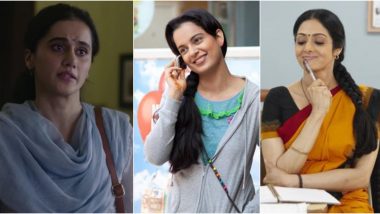Self-respect may be one tiny term but it usually comes with a big price for women. Even as the basic definition of it is easy to understand and practise, we often find ourselves coming at crossroads on letting things go by making our 'self-respect' take a back seat. Especially when it comes to the family and loved ones because we are often taught so. Just as for centuries, men have been told 'not to cry' (hopefully that's changing), women are asked to accommodate, compromise and move past the mistakes of men by being 'understanding'. In Anubhav Sinha's Thappad, there's an exchange between Taapsee Pannu's Amrita and her mother-in-law played by Tanvi Azmi where the latter says "Jaane de beta, thoda bardasht karna seekhna chahiye" (Let it go, you must learn to tolerate such things). This conversation comes after her daughter-in-law (Pannu) after enduring a slap from her husband decides to separate from him and mind you this is way more real than reel. Thappad Movie Review: Anubhav Sinha’s Social Drama Is a Stinging Slap on Male Privilege With Taapsee Pannu in Stellar Form.
Thappad is laced with moments that bring forth sexism that is seeped in so deep down in our society that probably most women today don't even recognise it and hence, the film is a telling piece of why one slap is more than enough of a reason to step away from a relationship that on the surface may seem fulfilling but is built on a poor foundation. Thappad may be the first film to spell things out so openly when it comes to domestic violence and prevalent sexism but in the past, we have seen different versions of Taapsee's Amrita on-screen who may not have been physically slapped but surely received hypothetical ones at the hands of their significant others under different circumstances. Starting with Thappad, let's look at the films where women gave us the courage to break the clutter and stand up for their principles.
Thappad
The hallmark of a good relationship they say is trust and mutual respect and while it may seem like Amrita (Pannu) and Vikram (Pavail Gulati) are in a happy marriage, it isn't so. The latter has little appreciation for his wife and as for respect, the fact that he can't even manage to apologise to her after hitting her across the face is enough of a statement. Agonisingly, it takes Amrita to say "Par nahi maar sakta" to her lawyer in response to filing for divorcer over 'just a slap' because that's the level of importance society or even women themselves credit to 'self-respect' in their lives.
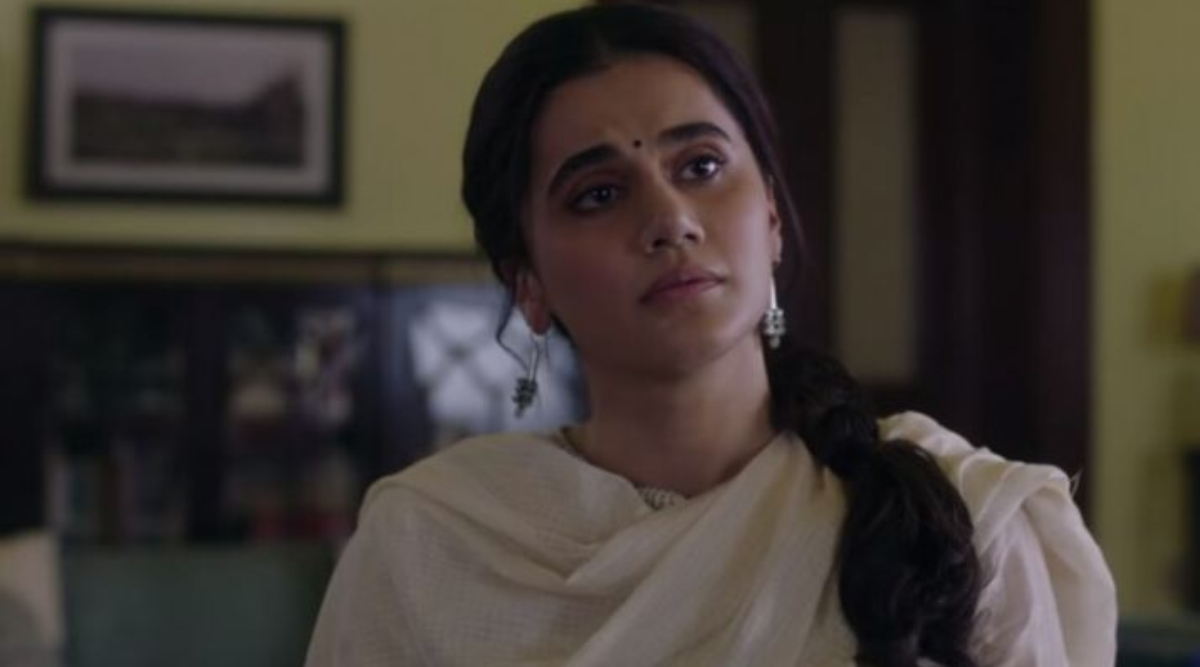
Dil Dhadakne Do
Dil Dhadakne Do points out sexism in two important ways, one the fact that Kamal (Anil Kapoor) being hell-bent on his son Kabir (Ranveer Singh) taking over his business over Ayesha (Priyanka Chopra), despite her being much more capable at the job. Inheritance has never been a women's best friend and Zoya Akhtar showed that skillfully considering how a company that even finds its name from her and her brother's identity 'AYKA' (Ayesha and Kabir) is probably the only credit she gets in her family business. Ayesha does manage to make her own business a success by sponsoring herlself by pawning her jewellery but her achievements never earn her a pat on the back rather she's pressurised to leave it start a family. The second instance where the film blows us over is of course, the conversation between Ayesha's husband Manav (Rahul Bose) and Sunny's (Farhan Akhtar) exchange when the former casually mentions how he "allowed" his wife to work despite having a history of non-working women in his family. The sheer shame on Ayesha's (Chopra) face is clearly visible.
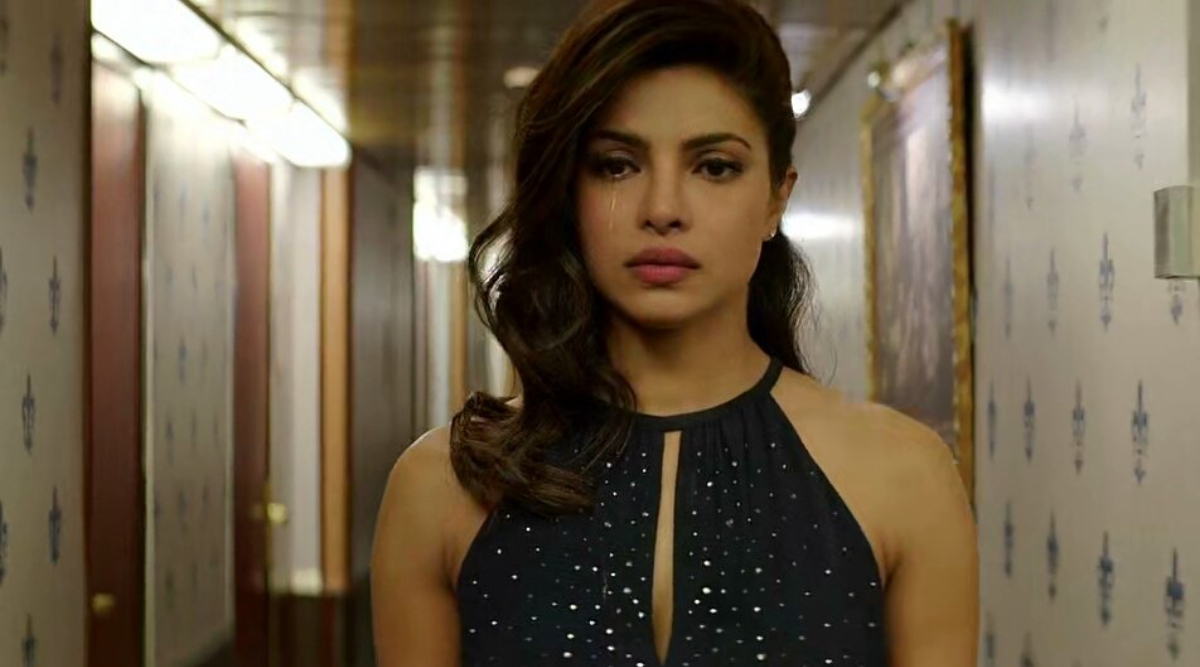
But the film doesn't merely stop there, it even gives us an insight into the amount of say women have when it comes marriage. Unfortunately, Ayesha's character has to have a sit-down with her family and explain to them why she doesn't want to have kids and seeks a divorce from her husband because she doesn't love him. It's a shame that it takes her husband to show him having an authority over his wife, for her family to get convinced that she must leave him.
Tumhari Sulu
Vidya Balan's Tumhari Sulu is a slice-of-life film that makes a beautiful representation of an ambitious woman who wants to do more in life and is always up for a challenge with her "Main Kar Sakti Hai" spirit. While Manav Kaul's character of Sulu's (Balan) husband is shown to be supportive at the start, things start to irk him as soon as he learns the nature of Balan's job. Sulu is an RJ for a late-night show and uses her gorgeously seductive voice to speak to the listeners. It's all-new for Sulu who starts to sleep in the day after having to stay up late for her show, leaving it all on her husband to take over the household duties for a change. But that doesn't gp well with him given that she isn't doing her 'primary job' of taking care of the house and her family perfectly.
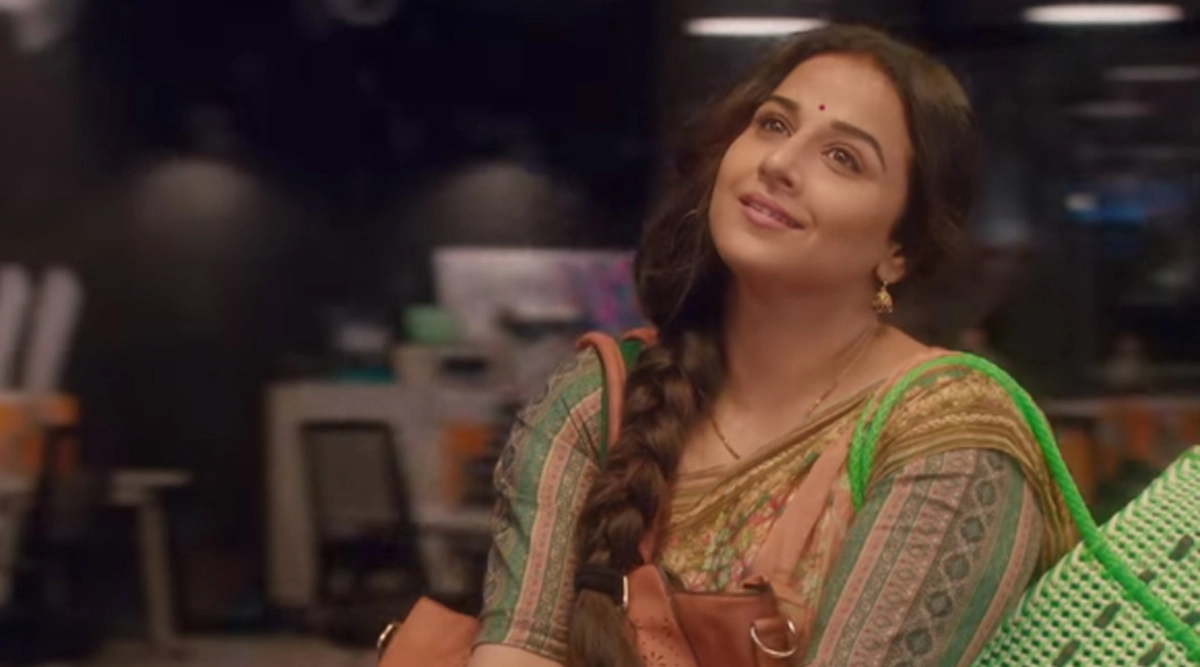
Not just him, we also see Sulu's family being unsupportive of her work with excuses such as she must pay attention to raising her son properly because apparently, the society thinks it's only a woman's job to do so. Just as 'self-respect' doesn't come easy for us women, being ambitious too is something many have to fight for and Sulu is a great example of that.
Queen
The basic plot of Queen is all about Kangana Ranaut's Rani finding strength in herself and learning to keep her self-respect by moving on from her former fiance Vijay (Rajkummar Rao) who breaks up with her on their wedding day. His words for breaking up, I kid not, are "Our status doesn't match". Rani decides to explore herself by taking a solo trip, which was supposed to be their honeymoon. In the process of her self-discovery, we realise how easily men get away with assuming authority in a relationship.

It's a telling moment when Rani earns money by participating in a cook-off, something that her former fiance would have never been supportive of given that he doesn't want her to work. The film's climax where Rani merely says "Thank You" to Vijay and walks off tells us how happy she is to have found her capabilities, her ambitions and kept her self-respect by rejecting him and moving on. Tapsee Pannu's 'Thappad': 10 'Striking' Moments That Convey How This Film Goes Beyond A Tight Slap Across The Face!
English Vinglish
One of the most cherished roles of late actress Sridevi will remain Shashi in English Vinglish. Here's a woman who has dedicated herself to taking care of a family so much that she's forgotten all about her wants. She cleverly retorts " If a man cooks its art but for a woman, it's a responsibility" in one of the scenes and truer words were not spoken because that's the level of sexism we deal with in our daily lives. I believe this is one of those films that showed a mirror to many women who needed to know that they have been deprived of the basic respect from their husbands and families by being taken for granted so much that their choices and opinions are irreverent. Shashi learning English and regaining her confidence and gaining respect in return from her own family just shows how hopelessly we neglect women and their desires and to what lengths they have to go to prove their worth.
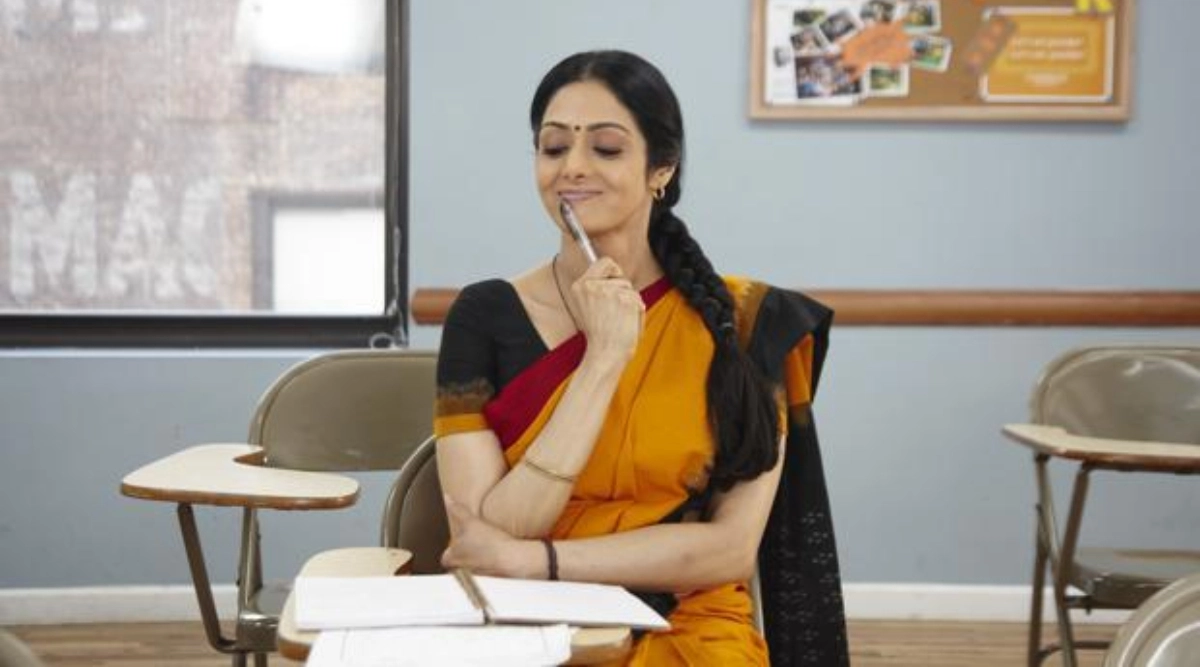
Made In Heaven
Not a film but the Amazon Prime series by Zoya Akhtar spoke about several things wrong with our society. One of the stories dealt with patriarchy and male privilege and how it still exists in pseudo-liberal men. The episode "The Price of Money" starring Shweta Tripathi showed how her character learns that her fiance's parents have asked for a dowry and that her to-be husband is okay with it, which results in her walking out of her own wedding. It's a great commentary on men who may open car doors for their ladies to show chivalry and even call out other men on casual sexism only to be silent when matters come to them. The episode impressively echoed the emotions of a woman keeping her principles and walking out with the powerful line "I'm not going to pay anyone to marry me." Made In Heaven Review: Zoya Akhtar and Team Take A Deeper Look At Indian Society In the Backdrop of Big Fat Indian Weddings.
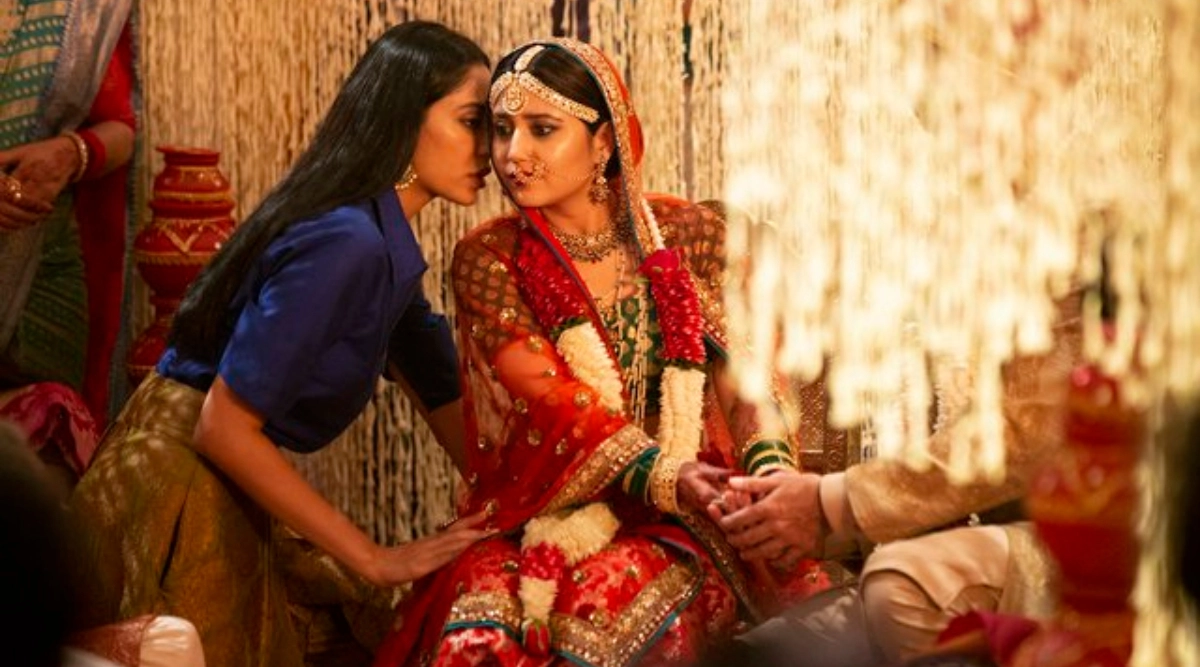
Characters like Amrita (Thappad), Shashi (English Vinglish), Rani (Queen) and others are not fictional creations. They represent women universally who have been denied the most basic thing, respect, at times from their male peers, colleagues, husbands, families. The cinematic representation of them only gives women like me and many others the strength to stand up against sexism in any and every relation. Let's hope these films at least force the society to look up and take notice of what women want and deserve as opposed to what they are asked to understand and endure.
(The above story first appeared on LatestLY on Feb 29, 2020 08:56 PM IST. For more news and updates on politics, world, sports, entertainment and lifestyle, log on to our website latestly.com).













 Quickly
Quickly









